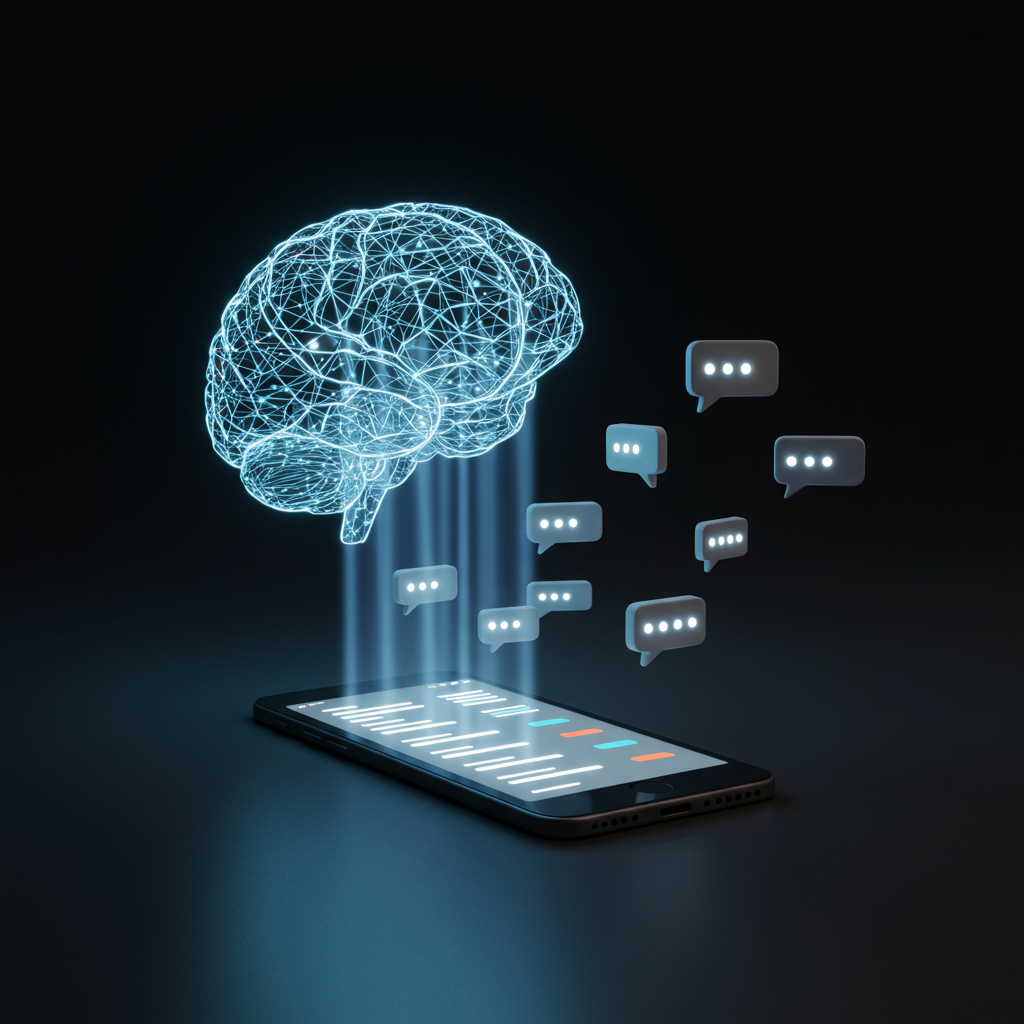The current generation of AI chatbots has firmly established itself as powerful conversational partners, capable of everything from drafting emails to explaining complex topics. Now, AI safety and research company Anthropic is making a major move to evolve its chatbot, Claude, from a tool you simply use into a platform you can build on. In a new beta feature, Anthropic is giving users the ability to create their own AI-powered mini-apps directly within the chat interface, using nothing but natural language.
From Conversation to Creation: How It Works
This new capability is an extension of Anthropic’s existing “Artifacts” feature, which allows Claude to generate content like code snippets or documents in a dedicated window next to the main chat. The new functionality takes this a step further.
A user can now simply describe a tool or application they want to create. For example, a user could prompt: “Build me a simple app that takes a block of text and suggests five alternative headlines for it.” Claude will then generate the underlying code and present a functional app in the Artifacts window. The user can immediately interact with this newly created tool, iterating and refining it with further prompts.
What Can You Build?
According to Anthropic, early users have already been creating a wide array of tools, demonstrating the feature’s versatility. Examples include:
- Custom Writing Assistants: Tools that can rephrase text into a specific tone or format.
- Simple AI-Powered Games: Interactive text adventures or quiz generators.
- Data Analysis Apps: Tools that can ingest data and create summaries or visualizations.
- Complex “Agentic Workflows“: More advanced users are creating systems that orchestrate multiple, sequential calls to the Claude API to perform complex tasks.
Fostering a Shareable Ecosystem
One of the most strategic aspects of this new feature is its focus on sharing. Anthropic is encouraging users to share the tools they build with others. To eliminate a major barrier to sharing, they’ve implemented a clever usage policy: when someone else uses an app you’ve created, the API calls count against their subscription limits, not yours.
This move is designed to foster a vibrant ecosystem of community-built tools on the Claude platform, allowing novel applications to be shared widely without incurring costs for the original creator. This feature is being made available to users across all of Claude’s tiers, including Free, Pro, and the top-tier Max plan.
The Bigger Picture: The Rise of “No-Code” AI
Anthropic’s new feature represents a significant step forward in the “no-code” and “low-code” movement, but applied directly to the world of generative AI. While other AI models can write code, Claude’s approach of seamlessly integrating the prompt, the code generation, and the final, interactive app into a single interface significantly lowers the barrier to entry.
This empowers a new class of creators—subject-matter experts, educators, hobbyists, and business professionals—to build their own custom AI tools tailored to their specific needs, without requiring a deep background in software development.
Conclusion: The Chatbot as an Operating System
With this move, Anthropic is pushing the boundaries of what a chatbot can be. It is evolving from a conversational tool into an interactive development environment—a sort of mini-operating system where users are not just consumers of AI, but creators of it. By turning every user into a potential developer, Anthropic isn’t just launching a feature; it’s building a platform and a community, a move that could significantly shape the future of accessible AI.

